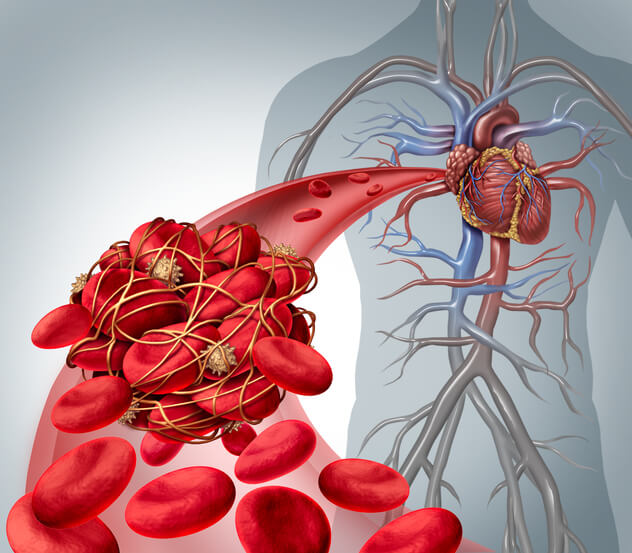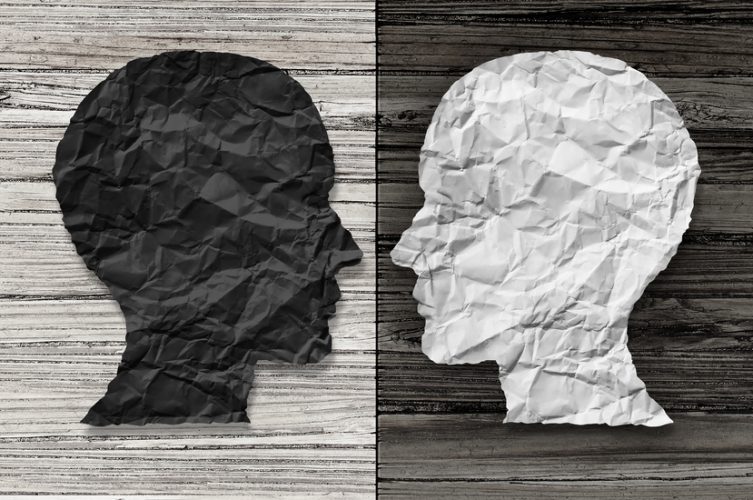What are anticoagulants?
Anticoagulants are substances that work against (anti-) the process of blood clotting (coagulation).
How blood clotting occurs
Coagulation or blood clotting is the body’s protective mechanism against bleeding. When damage occurs to a blood vessel, a series of reactions take place involving substances known as clotting factors. They are called this because they contribute to the formation of a blood clot.
Clottingfactors are normally found circulating in the blood. Most clotting factors are proteins produced by the liver that circulate in the blood in an inactive form. When one factor is activated, for example by damage to a blood vessel wall, it functions as an enzyme, activating the next clotting factor in the pathway. The final step in clotting results in the conversion of fibrinogen to fibrin. Fibrin is a protein that adheres to blood vessel walls. When activated, fibrin sticks to the blood vessel wall and traps blood cells (including platelets) as they pass, forming a mass that seals the damage in the blood vessel.
When are anticoagulants used?
Normally, clotting only occurs when there is blood loss from a damaged blood vessel. However, there are several conditions that can cause blood clots to form in the absence of active bleeding. When this occurs, a person may be at an increased risk of thromboembolic disease. In thromboembolicdisease, fragments of blood clots dislodge and circulate in the blood, potentially obstructing blood vessels in the lungs and causing pulmonary embolism, or vessels in the heart and causing heart attack, or in the brain and causing stroke. The outcomes of these conditions may be very poor. Therefore, where this risk is high, anticoagulants are used to minimise the risk.
Anticoagulants can be used in the treatment of several conditions, including:
- Atrial fibrillation and other arrhythmias (abnormally fast or irregular heartbeats);
- Venous thromboembolism (when a blood clot has formed in the veins);
- Prosthetic heart valves (used to replace damaged heart valves);
- After surgery (in the days/weeks following surgery, there is an increased risk of blood clots forming);
- Antiphospholipid syndrome (an autoimmune condition which predisposes individuals to form blood clots);
- Paroxysmal nocturnal haemoglobinuria (a condition in which red blood cells are destroyed, leading to anaemia and, in some cases, red urine upon waking); and
- Solid cancers (cancer is a risk factor for the formation of blood clots).


No comments:
Post a Comment